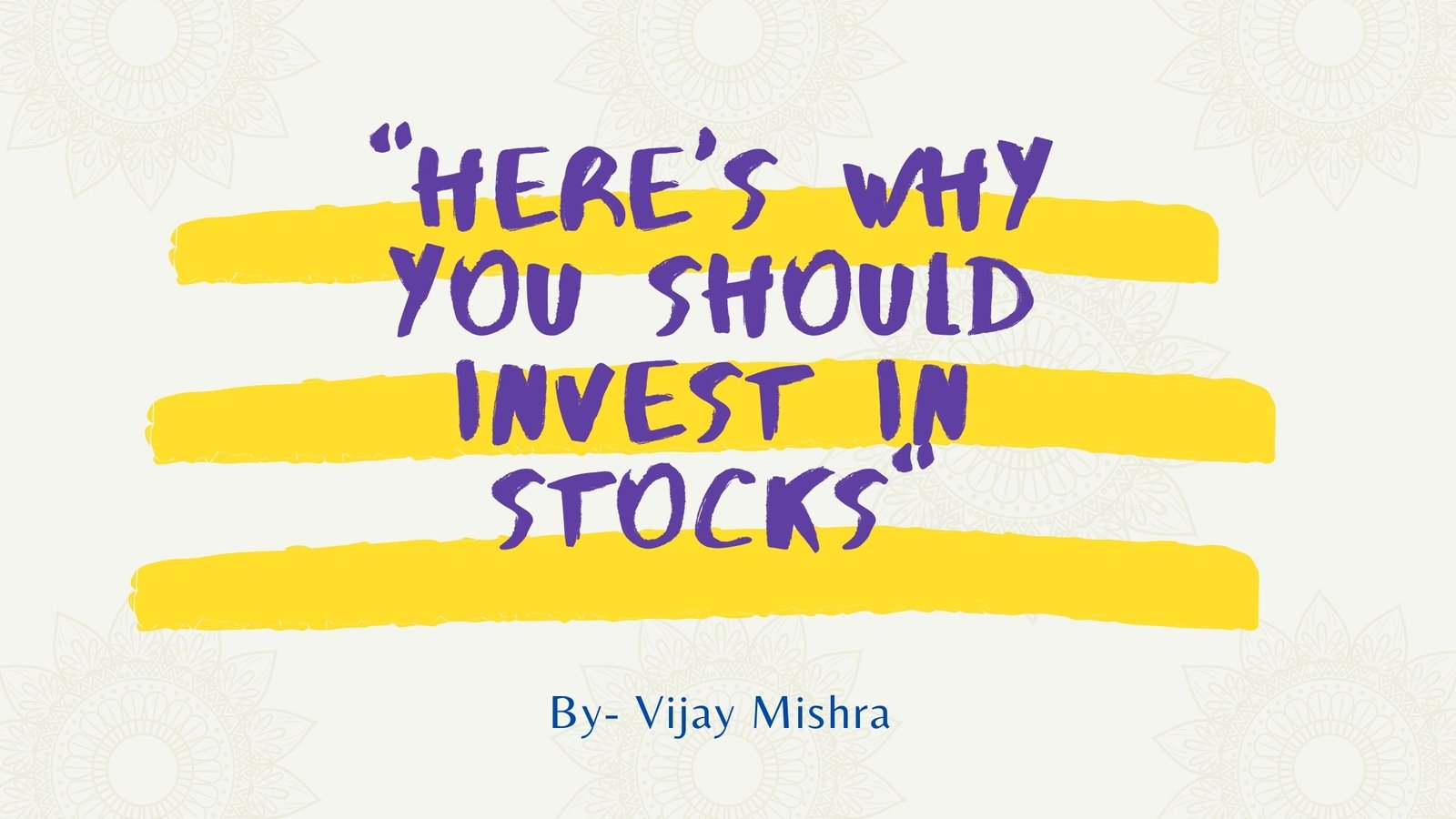Mutual funds are a robust investment tool that can help you reach your financial goals. Mutual funds provide a diversified bundle of securities that can give you peace of mind knowing that your money is being properly allocated into various investments. Investors who follow the principles of passive investing with mutual funds will do well for themselves and their families in the long run.
Mutual funds are an investment tool that is meant for people who want to diversify their portfolio. They are designed to help investors reach their financial goals. The funds invest in many different companies and sectors in the economy, which can offer you a greater return on your investment than simply investing in individual stocks or bonds. Mutual funds provide an easy way to invest because you don’t have to pick individual stocks or try managing your own portfolio.
Mutual funds are a great way to save because they offer diversity and allow you to invest in a large amount of stocks for a reasonable price. Additionally, mutual funds can be easily bought and sold and do not require any complicated paperwork or fees that other investment options may have. One of the reasons why mutual funds should be an important part of your portfolio is because they grow your money without you having to think about it.
Mutual funds are a robust investment tool that can help you reach your financial goals. Mutual funds can provide diversification across many sectors and risk types, as well as professional management. In addition, because mutual funds are fairly easy to buy and sell, they offer an efficient way to invest without the need for large amounts of time or complicated knowledge.
Mutual funds are a great way to invest in the stock market through one security. They offer many advantages including greater diversification, professional management, and low-cost transactions. Mutual funds increase your portfolio’s risk-adjusted performance by reducing the volatility of the overall portfolio. The time spent researching mutual fund managers is worth it when considering how much you could lose in a bad trade or poorly managed account.
Mutual funds can also be a valuable part of a retirement portfolio.
Mutual funds and exchange-traded funds (ETFs) are a robust investment tool that can help you reach your financial goals. The benefits of investing in mutual funds are many, including the ability to diversify investments, choose the level of risk you’re comfortable with, invest for short or long term goals, invest during market highs or lows, and have access to professional management at a low cost. Investing in mutual funds can be an excellent way to grow wealth over time.
In conclusion, it has been shown that investing in a mutual fund is a sensible investment strategy. Not only do they have the potential to earn enough for you to retire on, but they also have low risk and high liquidity. Furthermore, by owning a mutual fund, you are eliminating the need to research companies and buying shares of individual stocks.
Mutual funds can be a wise investment because they have lower risks and higher liquidity than typical stocks.









